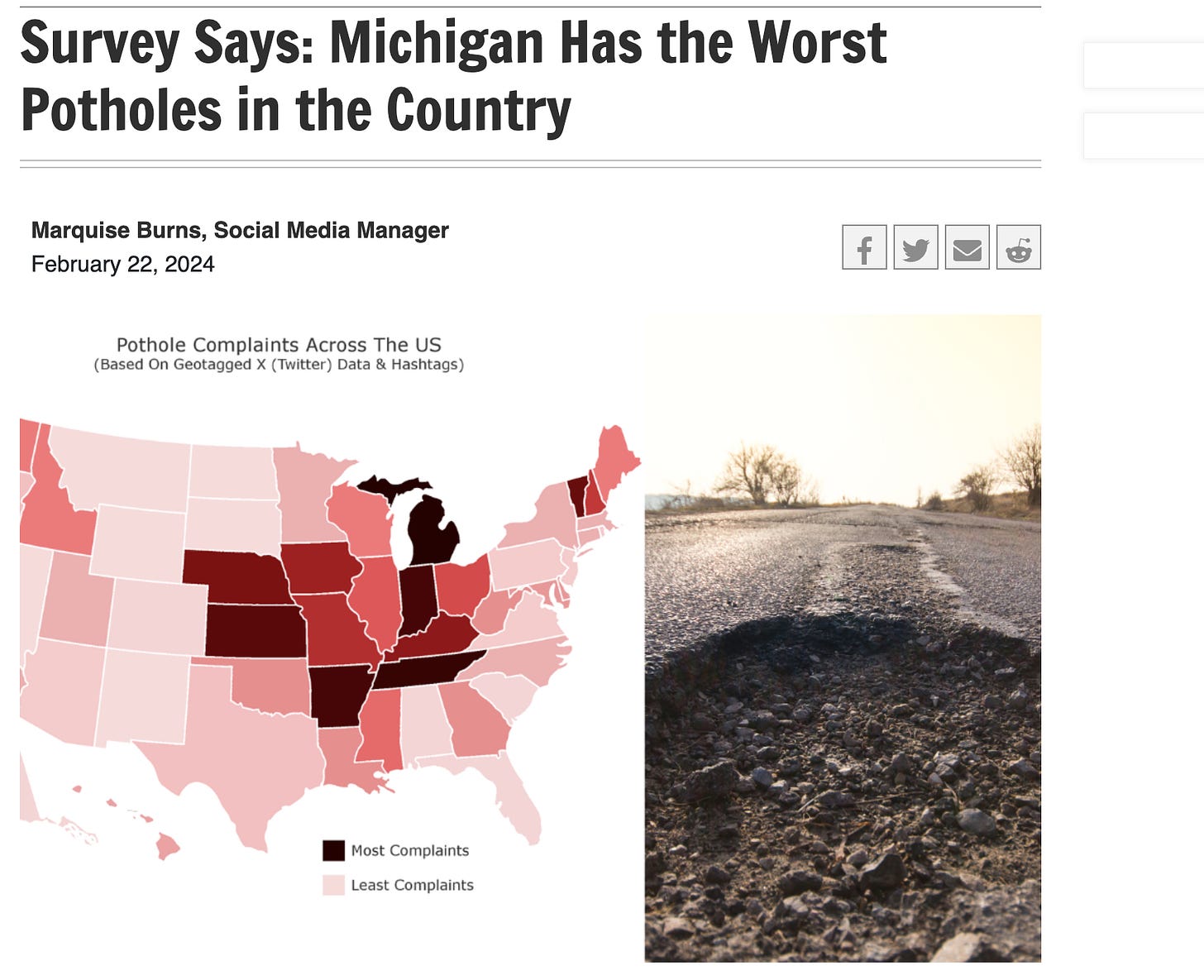I am not a regulations type of guy. I prefer to see the government less involved in our life. I don’t think the government adds value to our private commercial interactions. Sure glad that sales tax was there to ensure the government has money to fill our potholes.
I am not so sure we need to force individuals to get a beautician certification to ensure our nails and hair meet the government’s exacting standards. Are we made better by surveillance cameras issuing tickets from lonely street corners? All valid questions IMHO.
AI is a technology being adopted at warp speed. It is being used to generate chat bots on websites. It has been instrumental in some of the more valuable language translation tools, and has applications in almost all commercial fields. There are also uses in modern warfare.
It is also being incorporated into the life sciences. The age of genomics is coming to an end and we are entering into an era of bioconvergence. If that term hasn’t crossed your radar, allow me to offer up a short definition.
Bioconvergence is the crossroad between life sciences and AI, bioprinting, bioinformatics, robotics, nanotechnology, engineering, and big data. Mapping the human genome was complete in 2004 and since then we have seen an explosion in related fields…
Transcriptomics
Focuses on the study of RNA transcripts (mRNA, non-coding RNA) produced by the genome, examining gene expression patterns under different conditions.
Metabolomics
Involves the study of metabolites, which are the small molecules produced during metabolism, and looks at the chemical processes within cells.
Epigenomics
Studies the epigenetic modifications to DNA, such as DNA methylation and histone modification, which affect gene expression without changing the underlying DNA sequence.
Lipidomics
Focuses on the study of lipids (fats and their derivatives), including their roles in biological systems, such as membranes, signaling, and energy storage.
Glycomics
The study of glycans (sugars or carbohydrates) and how they attach to proteins and lipids, influencing cell signaling, immune response, and disease processes.
Microbiomics
Focuses on the study of the microbiome, the collection of microorganisms (bacteria, viruses, fungi) that live on or inside an organism and affect its health.
Phenomics
Involves the study of an organism's phenotype (the observable traits or characteristics), often in relation to its environment and genetic makeup.
Exposomics
Examines the totality of an individual’s environmental exposures (chemicals, pollutants, diet, etc.) throughout their lifetime and how these influence health.
Interactomics
Focuses on studying biological interactions, particularly protein-protein, protein-DNA, or protein-RNA interactions, within a cell.
Toxicogenomics
Combines genomics and toxicology to study the effects of toxic substances on the genome and gene expression.
Pharmacogenomics
Studies how an individual’s genetics affects their response to drugs, aiming to personalize medicine and improve drug efficacy.
Epitranscriptomics
Examines chemical modifications of RNA that affect its function and regulation, analogous to epigenomics in DNA.
All of this data is being accumulated and processed for machine learning. The goal is noble. Let’s use AI to develop novel medical treatments and cures! There is power in having access to a massive data set containing detailed information on societal level health data. We aren’t just talking about how many people have diabetes in a given population, or examining the rate of glaucoma in the elderly.
This data tells us which individuals might be prone to mental illness or heart disease. It is the kind of data that would be very useful to a health insurer…
You know, to raise the cost of someone’s health insurance because at some point in the future they appear genetically predisposed towards heart disease. What if there were genetic markers predicting a tendency towards violence and anti-social behavior? What could a nanny state do with that sort of information.
What could an authoritarian state do with health information that could identify hitherto undiscovered population level vulnerabilities?
Is there an ethical framework being contemplated? Should we put limits on what this technology offers? What is the government’s role? I don’t know, but would love to hear from you in the comments.
















Artificial Intelligence